Revolutionizing Space Food: ESA Launches Experiment to Grow Astronaut Meals in Orbit
A groundbreaking initiative aimed at transforming astronaut nutrition has launched into orbit today, promising a future where meals enjoyed beyond Earth could be cultivated from individual cells. The European Space Agency (ESA) is spearheading this ambitious project – known as the ‘Food Forward’ program – to assess the feasibility of growing lab-grown food in the challenging environment of space, including reduced gravity and increased radiation levels. Currently, supplying astronauts with sustenance for long-duration missions like those planned for lunar bases and eventual Mars expeditions costs an exorbitant £20,000 per astronaut per day, a figure that dramatically hinders the prospect of sustainable off-world settlements.
The ‘Food Forward’ experiment utilizes precision fermentation technology – essentially mimicking natural fermentation processes but with genetically engineered yeast – to produce key food components like protein, fat, and carbohydrates within bioreactors. This process, already successfully employed for producing lab-grown chicken in the US and Singapore, offers a potential pathway to significantly reduce the logistical burdens of feeding astronauts. Dr Aqeel Shamsul, CEO and founder of Bedford-based Frontier Space – a key partner in the project alongside Imperial College London – envisions a future where orbital ‘factories’ and lunar manufacturing facilities produce the ingredients needed for long-term space habitation. “Our dream is to have factories in orbit and on the Moon,” Dr. Shamsul stated, highlighting the critical need to establish independent food production capabilities for humanity’s expansion into space.
The initial experiment involves a miniaturized bioreactor – a simplified version of the full-scale system being developed – aboard a SpaceX Falcon 9 rocket as part of Europe’s first commercial returnable spacecraft, Phoenix. This cube satellite will orbit Earth for approximately three hours before returning to Earth for analysis. Researchers are particularly interested in observing how these processes function under conditions of microgravity and heightened radiation exposure. Beyond cost reduction, lab-grown food could address critical physiological changes experienced by astronauts during extended space missions, such as hormone imbalances and bone density loss – issues currently mitigated through supplementation.
The culinary team at Imperial College London, led by master chef Jakub Radzikowski, is actively working to transform the initially unappetizing ‘brick-colored goo’ produced by the bioreactor into palatable dishes. Radzikowski is utilizing naturally occurring fungi as a base for experimenting with diverse cuisines, aiming to replicate familiar flavors and provide comfort to astronauts hailing from different cultural backgrounds. The project’s chief taster, Helen Sharman – the UK’s first astronaut – has already provided valuable feedback on a preliminary dish of spicy dumplings, emphasizing its robust flavor profile. Dr. Sharman noted that freeze-dried food options currently available to astronauts are often lacking in taste and variety, highlighting the potential benefits of freshly produced, nutrient-rich meals.
The success of this experiment represents a significant step towards realizing the ambitious goal of sustainable space exploration. By developing the ability to cultivate food in space, humanity can move beyond relying solely on resupply missions and pave the way for long-term human presence beyond Earth.
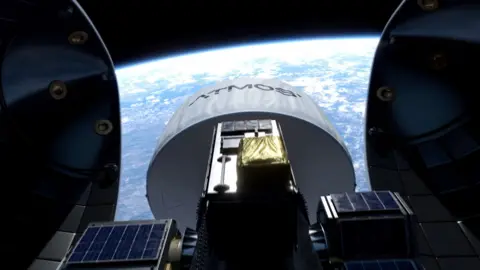
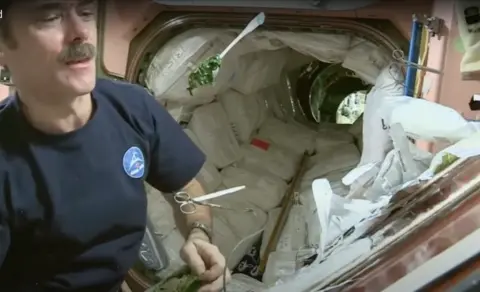
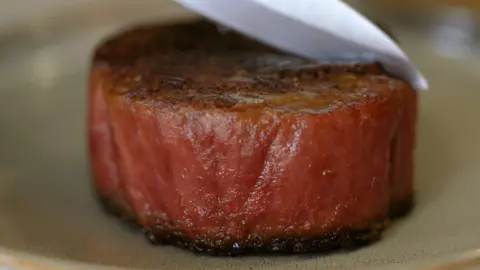
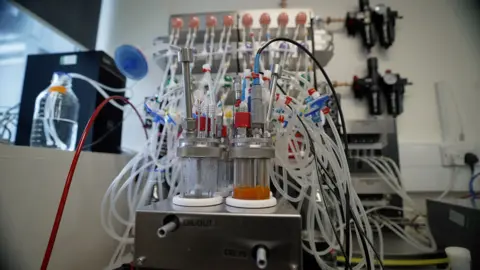
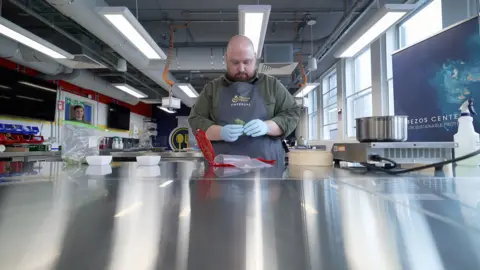
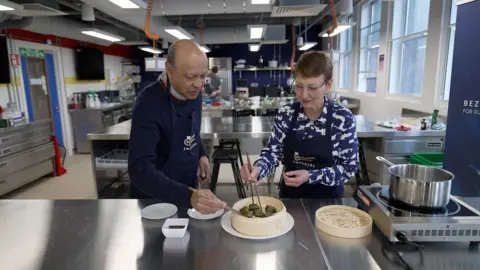

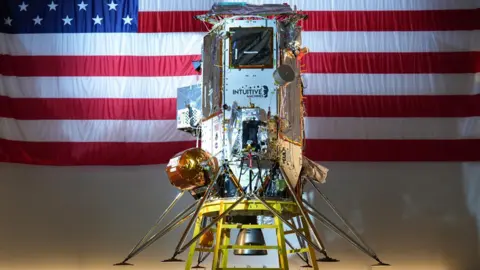
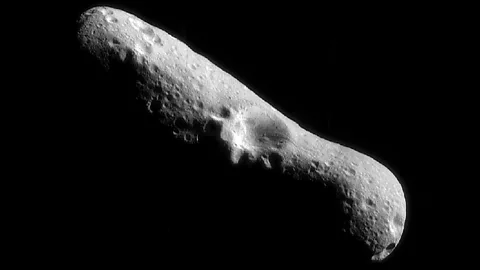
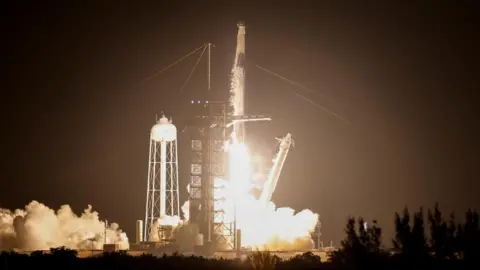


Post Comment